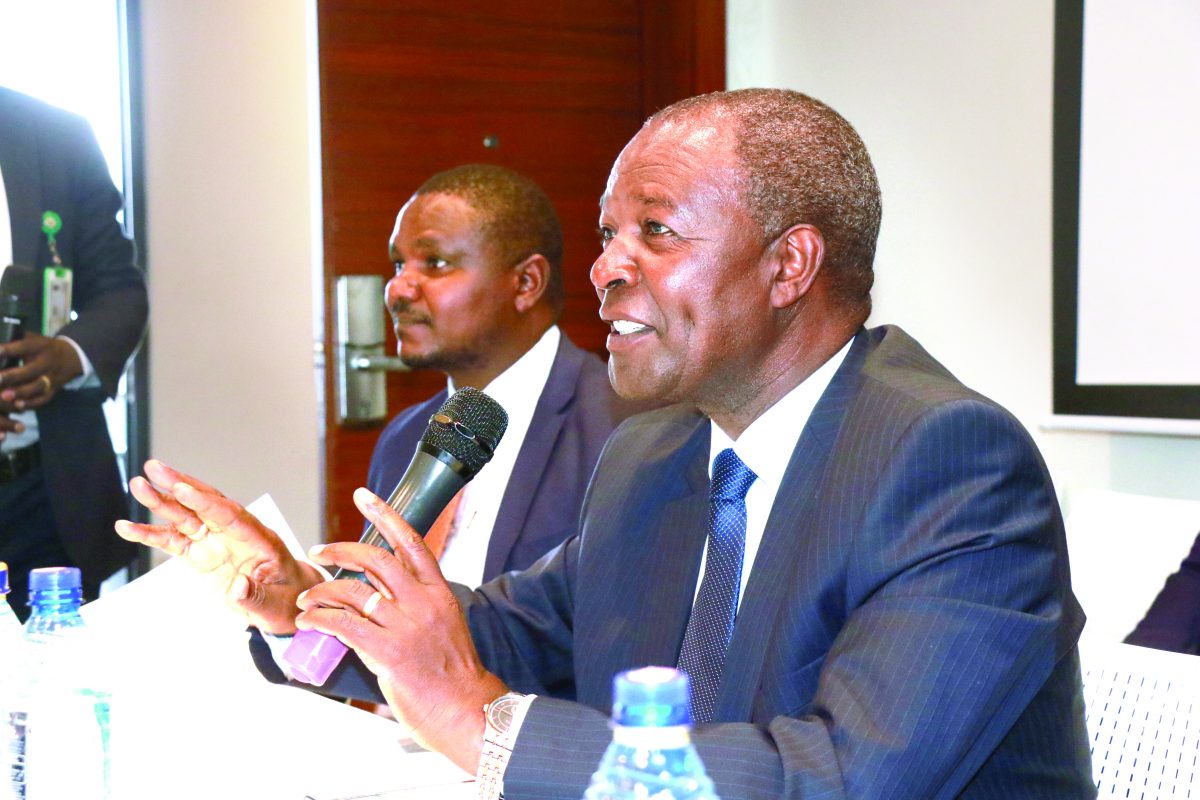Treasury on the spot over plans to install new EGMS

The government is not sure whether to change both the technology and infrastructure of the Excisable Goods Management System (EGMS) already installed by manufacturers.
Confusion on the matter follows next month’s expiry of the EGMS contract that was awarded to Swiss firm, SISCPA, which was implementing the multi-billion excise stamp project on behalf of Kenya Revenue Authority (KRA).
The regulator was expected to take over the management of the system once SICPA’s contract expires thus successfully cutting the cost of excise stamps partly incurred by end consumers.
But in what seems to be underlying challenges, inclduing the floating of a new contract, the government might be cornered to issue a new project that could cost taxpayers billions of shillings.
Appearing before the departmental Committee on Finance and National Planning, the National Treasury revealed that the government is analysing the available technology to complement the current EGMS systems but on its part KRA is gearing to source both the technology and infrastructure.
“We are looking for a service and equipment because we do not know which technology is in the market. If it is the equipment, we will have to go for the best in the market. Technology keep on changing,” Paul Matuku, KRA commissioner in charge of legal services told the committee.
Procuring a new system, however, means that manufacturers will be required again to bear part of the cost as it was with the current system during installation, signalling additional operating expenses to the deal.
The committee is investigating the EGMS project by SISCPA which has been demanding the settling of a Sh4.5 billion debt from KRA. This is the main reason that triggered Treasury to increase the cost of excise stamp taxes to avoid taking over the debt. KRA and SISCPA entered into a five-year contract for the provision of excisable stamps on a range of consumer products, including soda, bottled water, fresh juices, beer, spirits, cosmetics and cigarettes.
“With the physical infrastructure, we will bring the core infrastructure (technology). The world has really changed. We are going to analyse the level of technology and the comprehensiveness,” the Cabinet secretary for the national Treasury told the committee.
KRA has since defended the increase in excise stamp costs, arguing that the pricing disparity between the fast and slow-moving excisable goods led to the decline in Sicpa ploughing back its investment costs.
That Covid-triggered slowdown in the consumption of alcohol, spirits, and beer left SICPA producing lesser stamps. The products attracted a cost range of Sh2 -Sh2.8 per stamp compared to water, fruits, and cosmetics whose stamp costs stood at less than Sh1 each.
This, plus the devaluation of the Kenyan shilling, meant that the Swiss firm’s revenues got hit more than it was projected earlier. Matuku told the committee that when the EGMS was issued to SISCPA, the exchange rate against the Euro was at Sh110 compared to the current rate of Sh148.












